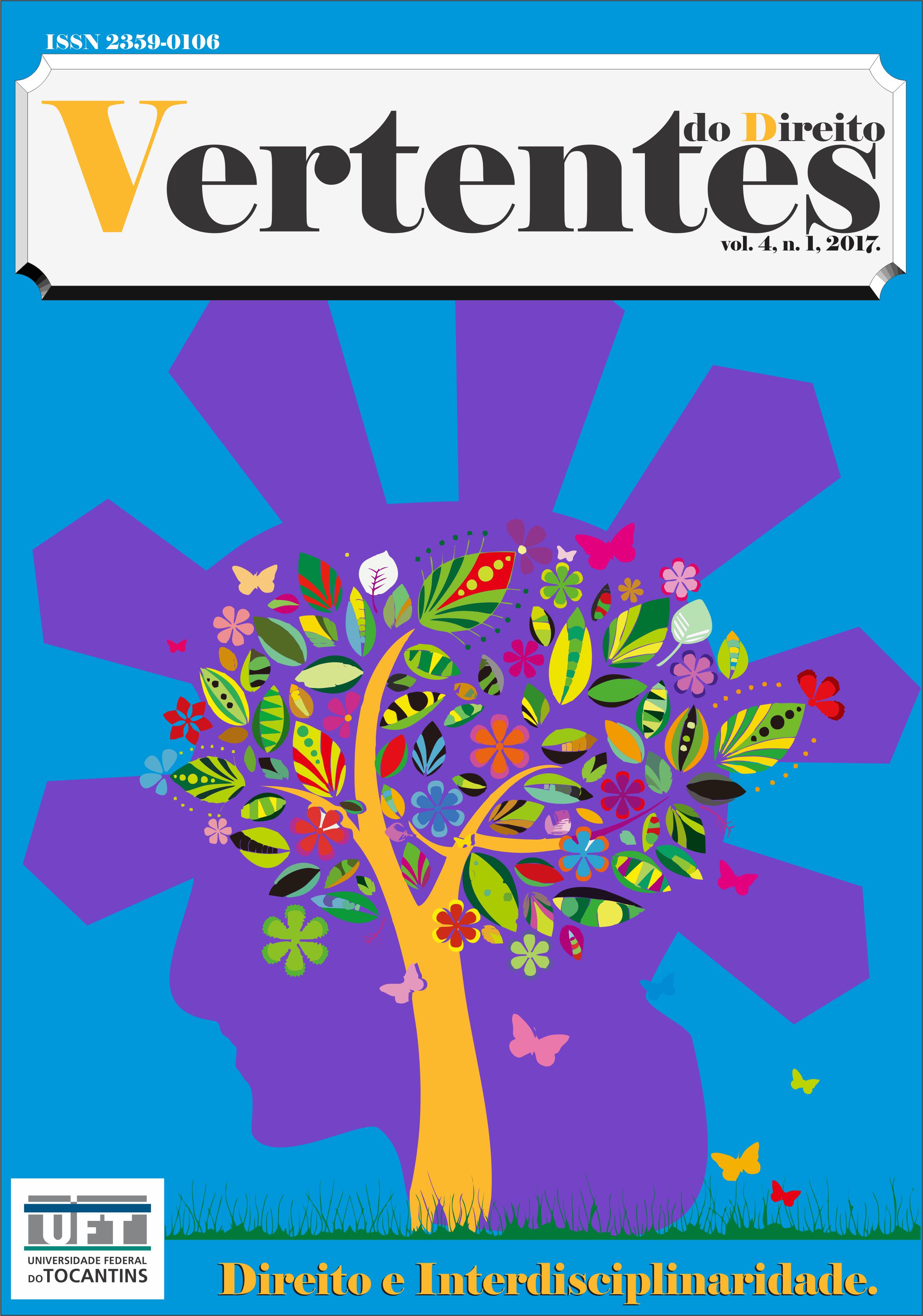ACQUISITION OF IMMOVABLE PROPERTY BELONGING TO THE STATE
DOI:
https://doi.org/10.20873/uft.2359-0106.2017.v4n1.p42-62Keywords:
Aquisição de propriedade, bens públicos, função social, usucapiãoAbstract
It establishes the third paragraph of article 183 and the sole paragraph of article 191, both of the Federal Constitution of 1988, that public real estate can not be acquired by “usucapião” provided for in Brazilian law, and also article 102 of the Civil Code of 2002, states that public assets are not Subject to “usucapião”. In this sense, that the majority doctrine and a good part of the Brazilian jurisprudence maintain by the normative force the position, as to the imprescriptible of the public goods. However, despite the prohibition of said institute, the question arises in the legal system of the possibility of using public assets in the light of the constitutional principle of the social function of property, enshrined in compliance with article 5, paragraphs XXII, XXIII and article 170, subsection III, as expressed in the aforementioned Magna Carta. Based on this approach, the present study aims to analyze whether or not Sunday public assets can be acquired through “usucapião”, its specific objective being to study the legal nature of public assets, to understand the principle of the social function of property and to verify the position of the state and higher courts on the matter. The methodology used in this study will be exploratory in nature, using doctrinal, jurisprudential and legal data, and performed under the deductive method, in order to verify through the analysis of texts and articles, among others, the application of concepts and devices To the factual reality of the possibility of using public goods belonging to the state. In this way, it concludes with the study that it is a matter expressly forbidden by the constitution regarding the use of public goods, despite this, the research proposes the application of the principle of the social function of property and is intended to advocate in favor of the thesis that, if a public good does not fulfill its social function, it is possible to use it, although there is disagreement as to whether or not to use public goods.
References
ALEXANDRINO, Marcelo; PAULO,Vicente. Direito administrativo descomplicado. 21ed.rev. e atual.- Rio de Janeiro: Forense; São Paulo: Método, 2013.
BASTOS, Celso Ribeiro, Curso de Direito Administrativo. 3 ed. São Paulo: Saraiva, 1999.
BRASIL. Constituição da República Federativa do Brasil. São Paulo: Saraiva, 2013.
______. LEI n.º 10.406, de 10 de janeiro de 2002. Lei de introdução ao código civil brasileiro. Disponível em: <http://www.planalto.gov.br/ccivil_03/leis/2002/L10406>. htm. Acesso em: 21/01/2015.
CARVALHO FILHO, Manual de direito administrativo, 24 ed. Rio de Janeiro: Lumen Juris, 2010.
COUTINHO, Elder Luis dos Santos. Da possibilidade de usucapião de bens formalmente públicos. In Convibra 09. Disponível em: . Acesso em: 29/01/2015.
DALVI, Luciano. Direito administrativo, Leme: J.H. Mizuno, 2009.
DINIZ, Maria Helena. Curso de direito civil brasileiro. 25.ed – São Paulo: Saraiva, 2010;
DI PIETRO, Maria Sylvia Zanella Di. Direito Administrativo. 22ª ed. São Paulo: Atlas, 2009.
FARIAS, Cristiano Chaves; ROSENVALD, Nelson. Direitos Reais. Rio de Janeiro: Lumem Juris, 2006.
FIGUEIREDO, Lúcia Valle, Curso de Direito Administrativo. 9ª ed. São Paulo, 2008.
FORTINI,Cristiana. A função social dos bens públicos e o mito da imprescritibilidade. Revista Brasileira de Direito Municipal, Belo Horizonte, ano 5, n.12, p.abril/junho, 2004.
GUIMARÃES, Karine de Carvalho. A função social da propriedade e a vedação de usucapião sobre bens públicos. Uma interpretação à luz da unidade constitucional. Disponível em: . Acesso em: 29/01/2015.
MARCONI, Marina de Andrade; LAKATOS, Eva Maria. Fundamentos de metodologia científica. São Paulo: Atlas, 2010;
MELLO, Celso Antônio Bandeira de. Curso de Direito Administrativo. 21 ed. São Paulo: Malheiros, 2006
Downloads
Published
How to Cite
Issue
Section
License
Os trabalhos aprovados para publicação tornar-se-ão propriedade da Revista sem qualquer ônus para a mesma. A Equipe Editorial se reserva o direito de promover as adequações necessárias para publicação.
O conteúdo dos trabalhos publicados na Revista Jurídica eletrônica Vertentes do Direito - inclusive quanto à sua veracidade, exatidão e atualização das informações e métodos de pesquisa - é de responsabilidade exclusiva dos autores. As opiniões e conclusões expressas não representam posições da Revista nem da Universidade Federal do Tocantins.
















